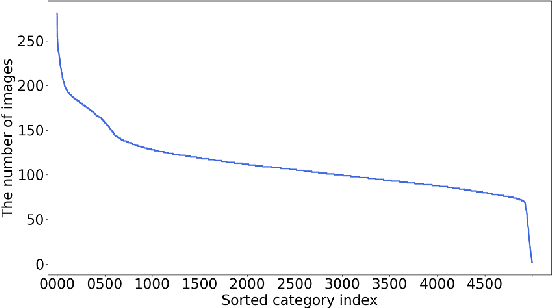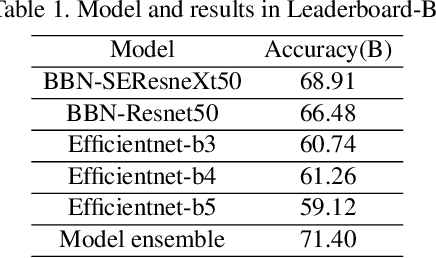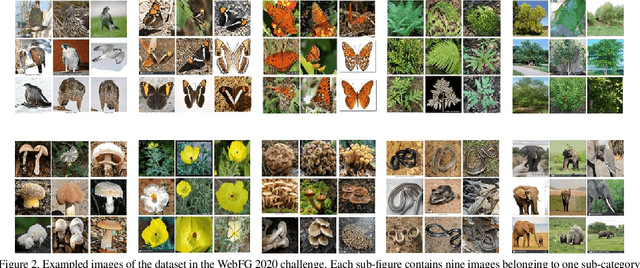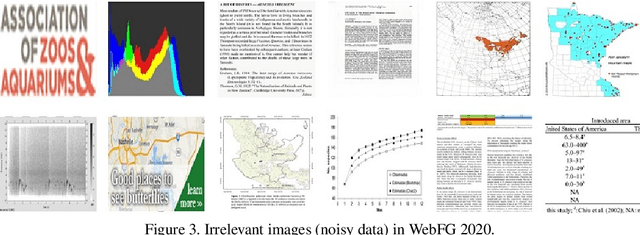Haipeng Jing
An Actor-Critic Approach to Boosting Text-to-SQL Large Language Model
Oct 28, 2024Abstract:Text-To-SQL (T2S) conversion based on large language models (LLMs) has found a wide range of applications, by leveraging the capabilities of LLMs in interpreting the query intent expressed in natural language. Existing research focuses on suitable representations for data schema and/or questions, task-specific instructions and representative examples, and complicated inference pipelines. All these methods are empirical and task specific, without a theoretical bound on performance. In this paper, we propose a simple, general, and performance guaranteed T2S enhancement approach called Actor-Critic (AC). Specifically, we design two roles using the same LLM: an Actor to produce SQL queries and a Critic to evaluate the produced SQL. If the Critic believes the produced SQL is wrong, it notifies the Actor to reproduce the SQL and perform evaluation again. By this simple iterative process, expected performance can be derived in theory. We conducted extensive experiments on the Spider and related datasets with eleven LLMs, and demonstrated that the Actor-Critic method consistently improves the performance of T2S, thus serving as a general enhancement approach for T2S conversion.
Tips and Tricks for Webly-Supervised Fine-Grained Recognition: Learning from the WebFG 2020 Challenge
Dec 29, 2020



Abstract:WebFG 2020 is an international challenge hosted by Nanjing University of Science and Technology, University of Edinburgh, Nanjing University, The University of Adelaide, Waseda University, etc. This challenge mainly pays attention to the webly-supervised fine-grained recognition problem. In the literature, existing deep learning methods highly rely on large-scale and high-quality labeled training data, which poses a limitation to their practicability and scalability in real world applications. In particular, for fine-grained recognition, a visual task that requires professional knowledge for labeling, the cost of acquiring labeled training data is quite high. It causes extreme difficulties to obtain a large amount of high-quality training data. Therefore, utilizing free web data to train fine-grained recognition models has attracted increasing attentions from researchers in the fine-grained community. This challenge expects participants to develop webly-supervised fine-grained recognition methods, which leverages web images in training fine-grained recognition models to ease the extreme dependence of deep learning methods on large-scale manually labeled datasets and to enhance their practicability and scalability. In this technical report, we have pulled together the top WebFG 2020 solutions of total 54 competing teams, and discuss what methods worked best across the set of winning teams, and what surprisingly did not help.
 Add to Chrome
Add to Chrome Add to Firefox
Add to Firefox Add to Edge
Add to Edge